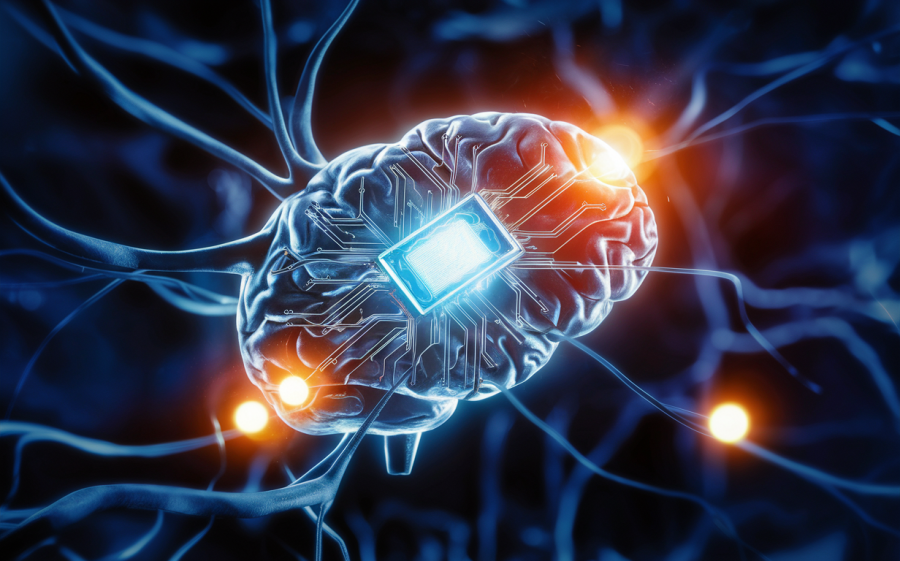Neuralink announced last week that the tiny wires inside the brain of its first patient had retracted, but sources say they had known about this issue for years.
According to Reuters, the Elon Musk-founded company knew from animal testing that the wires could pull out of position, removing with them the sensitive electrodes that decode brain signals. Sources told Reuters the risk was deemed low enough for a redesign not to be merited.
Neuralink is an American neurotechnology company currently testing its brain implant in a person with quadriplegia with the hope they’ll be able to use digital devices by thinking alone.
On May 8, an update was provided as Noland Arbaugh, the study participant, had reached over 100 days since he received the Neuralink implant.
“In the weeks following the surgery, a number of threads retracted from the brain, resulting in a net decrease in the number of effective electrodes,” said the team behind the study.
Although the wires are thinner than a human hair, they measure brain signals that are then translated into actions like moving the cursor on a computer screen.
The company says they have since “modified the recording algorithm to be more sensitive to neural population signals” and “improved the techniques to translate these signals into cursor movements, and enhanced the user interface.”
Despite the hiccup, the refinements are said to have produced “a rapid and sustained improvement in BPS, that has now superseded Nolan’s initial performance.”
Sources say Neuralink was aware of the thread issue
The U.S. Food and Drug Administration also knew about the potential issue as the company shared the animal testing results as part of its application to begin human trials, one source said.
While the FDA declined to comment, it told Reuters to continue monitoring the safety of patients enrolled in the company’s study.
When Neuralink first applied to begin human trials, the FDA rejected the initial application and raised concerns around the threads.
More animal testing to address those concerns was carried out which then led to the FDA granting the company approval to begin testing.
Featured Image: Via Ideogram
















